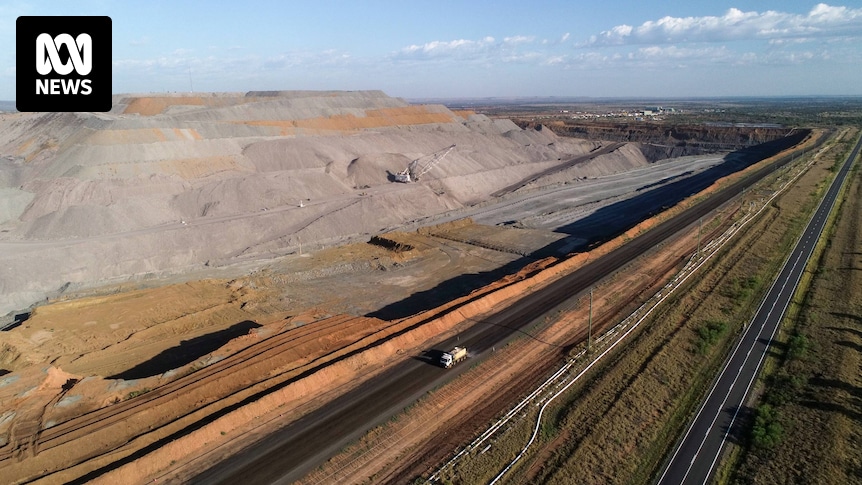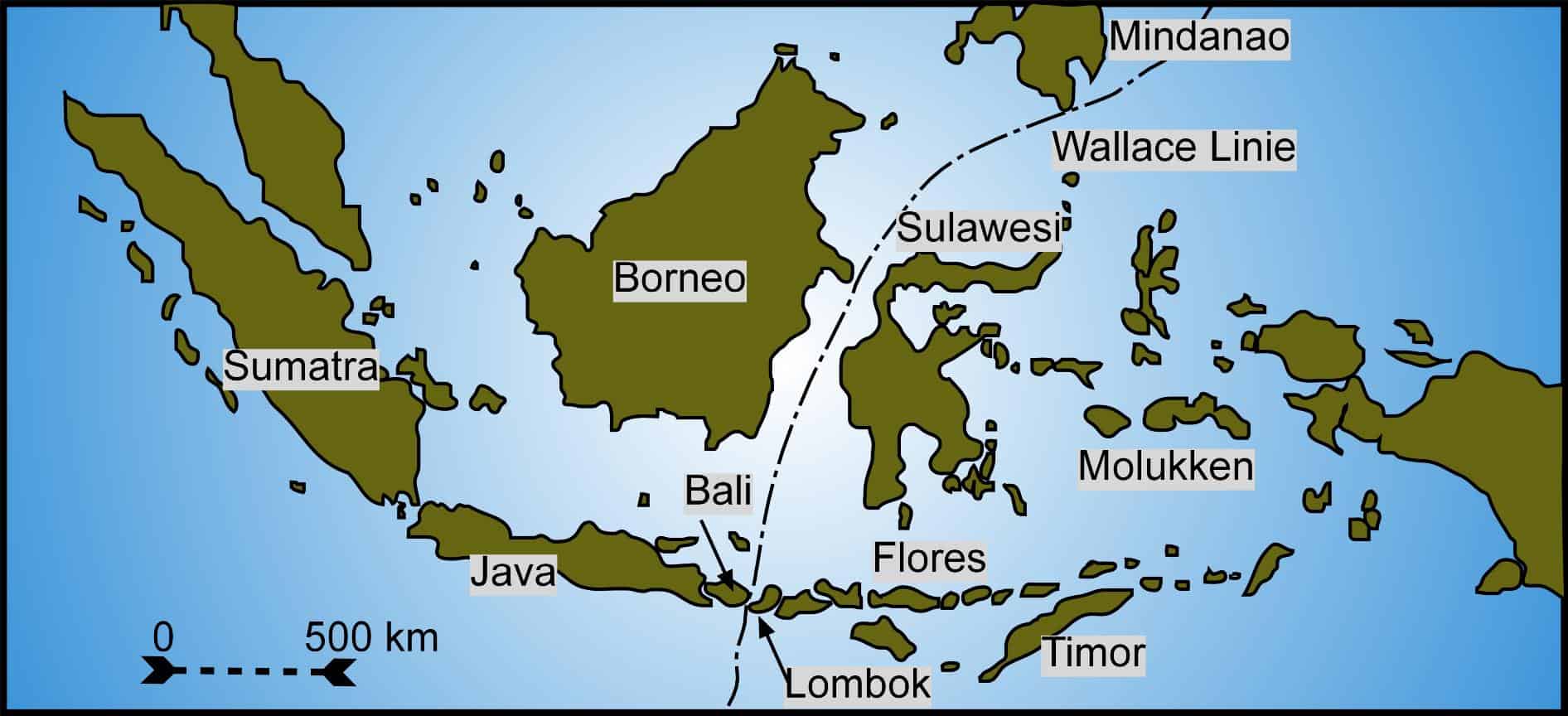
South Korea has announced its commitment to phase out thermal coal, a decision that could significantly impact Australia’s fossil fuel exports. The announcement was made as South Korea officially joined the Power Past Coal Alliance during the COP30 climate talks in Brazil, a summit marked by fluctuating support from affluent nations for emissions reduction initiatives.
This move positions South Korea among approximately 60 countries dedicated to ending the “unabated” use of coal, primarily utilized for electricity generation. Climate advocates have praised the decision, viewing it as a strong message from Seoul regarding the necessary actions to combat global warming.
“[South Korea’s] commitment to phasing out coal power sends a powerful signal to Australian decision makers and investors,” said James Bowen, a director at energy and climate consultancy ReMap Research.
Impact on Australian Coal Exports
The development poses a significant challenge for Australia, as South Korea ranks as one of its largest thermal coal customers. According to the International Energy Agency, South Korea is the fourth-largest importer of thermal coal globally, following China, India, and Japan, and accounts for about 8% of the world’s trade in the commodity.
Australia exports approximately 15 million tonnes of coal annually to South Korea, with the trade valued at up to $US1.5 billion ($2.3 billion) per year, as estimated by data analytics firm Kpler. However, demand has been declining sharply in recent years.
South Korea’s Climate Change and Energy Minister, Kim Sung-hwan, emphasized the decision as a crucial element of the country’s decarbonization strategy, aiming to reduce greenhouse gas emissions by 53% to 61% by 2035 compared to 2018 levels.
“Through the Alliance, we will kickstart our coal phase-out, as well as help the Alliance advance the coal transition worldwide,” Mr. Kim stated. “The shift from coal to clean power is not only essential for the climate. It will also help both the Republic of Korea, and all other countries increase our energy security, boost the competitiveness of our businesses, and create thousands of jobs in the industries of the future.”
Broader Economic Implications
South Korea’s decision to phase out coal by 2040 could have far-reaching effects on economies dependent on its coal demand and technology. Experts, including Mr. Bowen from ReMap Research, suggest that exporters like Australia and Indonesia may face significant economic challenges.
“The Australian Treasury’s latest modelling predicts Australian coal and gas exports will fall by about 50% in value over the next five years — a decline of more than $60 billion by 2030 — regardless of Australia’s own emissions targets,” he noted.
The Minerals Council of Australia, representing mining companies, highlighted that South Korea’s commitment pertains to “unabated” coal power, leaving room for continued coal use if emissions are captured or reduced. CEO Tania Constable remarked on the potential for Australia to remain a long-term coal supplier with appropriate policy measures and industry partnerships.
“Australia’s long-term coal customers can continue to provide lower-cost, reliable power to households and businesses while reducing carbon emissions,” Ms. Constable stated.
A Wake-Up Call for Climate Policy
Tim Buckley, a director at Climate Energy Finance, suggested that South Korea’s stance should prompt Australia to reconsider its climate policies. As the world’s second-largest exporter of thermal coal, Australia faces mounting pressure to align with international climate commitments.
“This should send a strong reminder to Australia as the second largest exporter of thermal coal behind only Indonesia, that our key trade partners are responding to climate science and their treaty obligations,” Mr. Buckley said.
Despite the United States’ withdrawal from the Paris climate accord, which aims to limit global temperature rises to 1.5 degrees Celsius above pre-industrial levels, other nations continue to enhance their climate ambitions at the COP30 talks in Brazil.
The decision by South Korea underscores the shifting dynamics in global energy markets and the growing emphasis on sustainable practices. As countries worldwide strive to meet climate goals, the implications for fossil fuel-dependent economies like Australia could be profound, necessitating strategic adaptation and innovation in energy policies.







